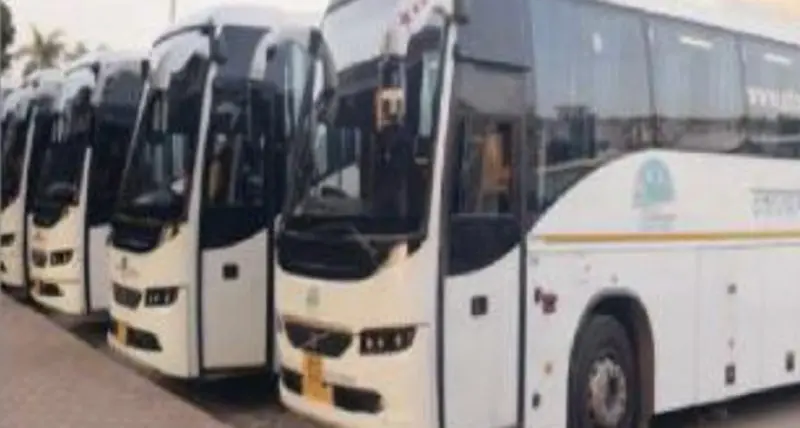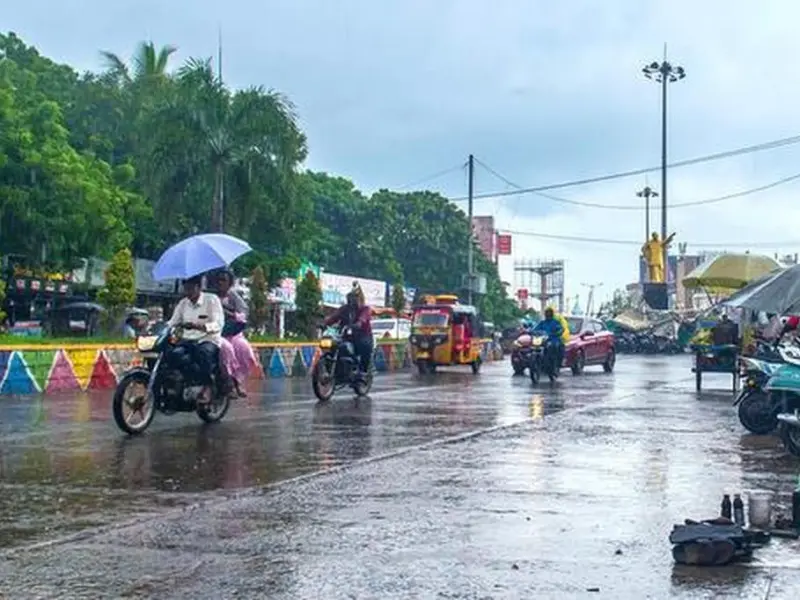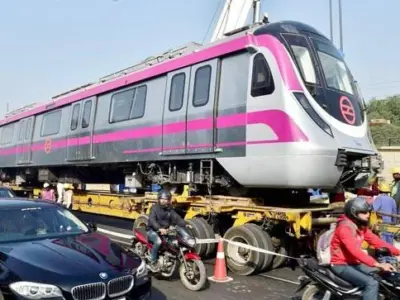Public Transport Coming to Dehradun’s Underserved Areas
In Dehradun, many neighborhoods still lack public transport options even after 24 years since the state was formed. This is about to change, as the local transport department is taking steps to address this issue. Starting from November 26, applications are open for public transport operators who want to run their vehicles in these underserved areas. The goal is to ensure that the vehicles operating on these routes are environmentally friendly, with a clear guideline that permits will not be granted to Vikram vehicles.
Increasing Population and Transport Demand
Uttarakhand has seen its population grow significantly over the years, with the capital city of Dehradun surpassing 1.2 million residents. Despite this growth, many areas are still in development and lack adequate public transport services. Residents in these parts have been relying on personal vehicles or asking for rides, which has become a long-standing concern. In response, the transport department is now issuing permits as part of the Uttarakhand Clean Mobility Transformation Policy-204, aiming to fulfill this demand for accessible public transport.
Permits for Eco-Friendly Vehicles Only
The transport department is prioritizing permits for environmentally friendly vehicles, including CNG, electric, and BS-6 compliant vehicles. Auto rickshaws and Vikrams will not be allowed on these new routes. The application window is brief, lasting only four days, but the aim is to roll out services quickly to benefit the commuters. Approved routes include key areas such as Rispana Bridge, Haridwar Road, and various schools and hospitals, marking a significant step in expanding public transport accessibility in Dehradun.
SHOTRS COVERAGE.
Public Transport Expansion in Dehradun
Dehradun residents have long awaited public transport, with many areas lacking services even 24 years post-state formation. Starting November 26, applications for permits on ten new, pollution-free routes have opened. The Transport Department aims to accommodate the growing population, now over 1.2 million, by prioritizing electric, CNG, or BS-6 vehicles. Permits are not available for auto-rickshaws. This initiative, driven by community demand, is set to enhance mobility and accessibility for hundreds of residents across the capital.





